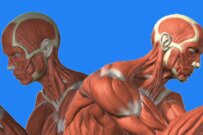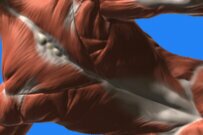Meditation has been practiced for thousands of years and was originally meant to help deepen understanding of life’s sacred and mystical forces. Meditation is now commonly used for relaxation and stress reduction.
Meditation produces a state of deep relaxation and a quiet, peaceful mind. When meditating, you eliminate the stream of jumbled thoughts that may be crowding your mind and causing stress by focusing your attention. This results in improved physical and emotional well-being, producing a sense of peace, calm, and balance. These benefits continue after your meditation session ends.
Emotional benefits of meditation include:
- Increased self-awareness
- More focus on the present
- Reduced negative emotions
- New perspective on stressful situations
- Improved ability to manage your stress
Meditation can be practiced easily everyday by building it into your daily routine, and can be as formal or informal as you want. Here are some ways to practice meditation whenever you choose:
- Breathe deeply. This technique is great for beginners since breathing is a natural function. Focus all of your attention on your breathing. Concentrate on feeling and listening as you inhale and exhale through your nose, breathing deeply and slowly. Always gently returning focus to your breathing when you find your mind is wandering.
- Repeat a mantra. You can create your own mantra. Focus your attention on this mantra while clearing your mind of other thoughts.
- Engage in prayer. Prayer is the best-known, and most widely practiced, form of meditation. Prayers, spoken and written, are found in most faith traditions. Prayers can be your own words or read prayers written by others.
- Read/Listen and reflect. Another option is to read poems or sacred texts, listen to sacred music, spoken words or any music you find relaxing or inspiring, and take a few moments to quietly reflect (meditating) on their meaning.
Do you meditate? If so, what is your preferred type of meditation?




